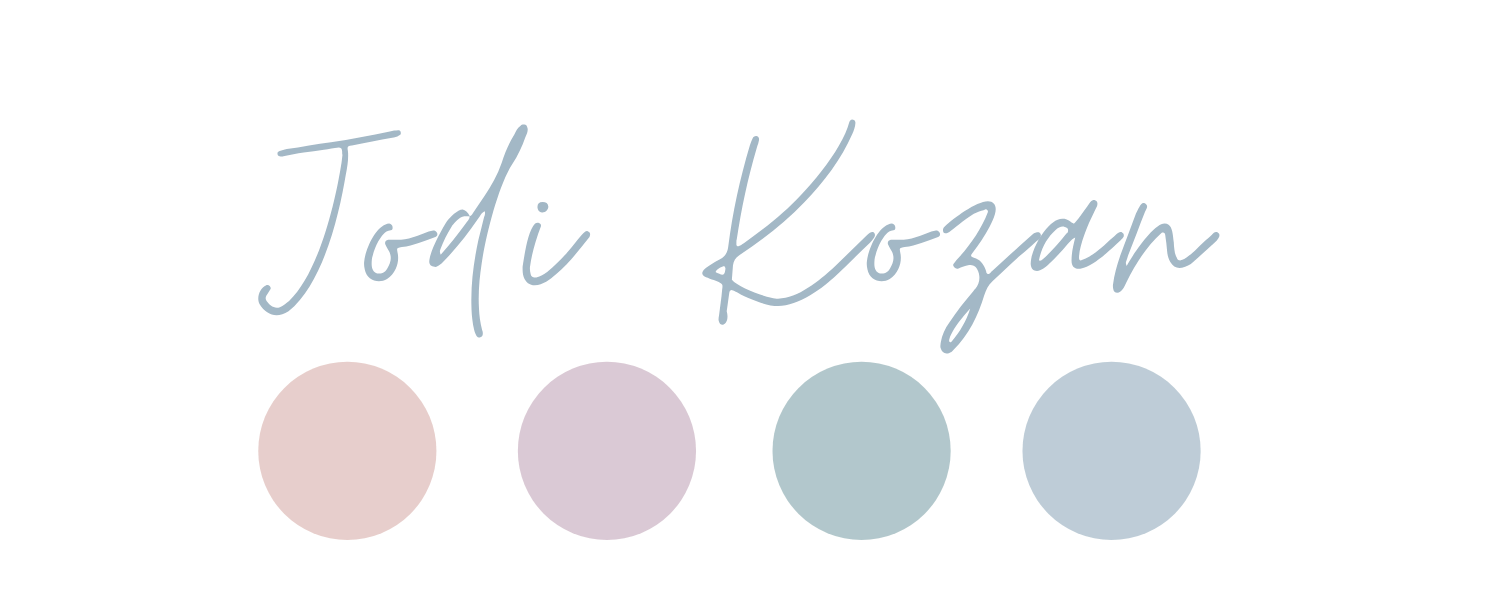Reconciliation - Bringing Broken Relationships into Harmony
/Reconciliation is a massive concept
With the current TRC conversation in Canada, (let alone the many relational conflicts in our own personal lives and community wide or global conflicts), it’s important to learn, relearn or remember that there are different types of reconciliation:
〰Relational 〰Personal 〰Financial 〰Spiritual
Prior to graduating from Briercrest Seminary in 2020, I focused my internship on the theme of reconciliation as I was serving a local non profit here in Saskatoon. I could have chosen a number of incredible agencies, churches or organizations to serve or focus on other themes, but the topic of reconciliation was calling me. There was an agency in my city that truly needed some help refocusing their efforts knowing this was a core value of theirs but living it out was a challenge giving the differing perspectives on the topic.
Little did I know how deep the Holy Spirit was calling me into this right before the pandemic hit the globe. The racial tensions were tangible and I witnessed the great polarization happening within families, communities and the enemy of our soul was ramping up the confusion using both mainstream media and social media channels alike. I sensed deeply that our world was either seeking genuine answers for justice on many fronts at the same time troubled souls seen it as an opportunity to create more pain.
Backing up a couple years ago, I am so grateful for the many resources I gathered to understand more of the need for “relational reconciliation” between Indigenous and non Indigenous peoples. I was first exposed to this cry when I attended the TRC hearings when they came to Saskatoon in and around 2012 which helped to inform the 94 Calls to action in the TRC report in 2015. Over the last decade, I have encountered groups like Converging Pathways based out of Moose Jaw, SK, Circles for Reconciliation based out of Winnipeg, and Be a ConnectR based out of Saskatoon (and many more orgs and individuals I’ve come across the past decade), are all doing such great strides in this arena -they are all pointing to the need for a form of relationship reconciliation.
If it wasn’t for the term “ethical space” championed by Willie J. Ermine, (M.Ed) -Assistant Professor with the First Nations University of Canada, I wouldn’t have clarity of how to lean into this space well. In essence it’s the “theoretical space between cultures and world views.”
Likewise, I appreciate the resources that ministries like @hopefortheheart has created to share the different types of reconciliation, and focuses primarily on spiritual reconciliation. If interested in receiving their free 3 page PDF quick reference guide download on “Reconciliation” from their “Keys to Living”, visit their website www.hopefortheheart.org
It talks about God’s heart on reconciliation as it’s ALL about relationships:
〰rejecting vs restoring relationships 〰types of reconciliation. 〰a heart of reconciliation. 〰reconciliation vs forgiveness. 〰the heart test. 〰”bury the hatchet” 〰How to respond when reconciliation is refused. (With related links and topics of anger, communication, conflict resolution, confrontation, forgiveness, friendship, manipulation etc).
May we seek first the kingdom of God. As I personally see Jesus as THE Reconciler. The one who is the way, the truth and the life. He met me in the depths of my soul in my own dire need for reconciliation with God. He really is the only perfect role model for relational reconciliation.
“All this is from God who reconciled us to himself through Christ and gave us the ministry of reconciliation.”
“And my heart’s overwhelmed, for this nation that I love, This is my song for Canada. A song for unity, and a song for freedom. Oh Lord our God may your healing come. And may the walls that divide us no longer stand. Oh LordOur God heal our land.
”
Recommended Resources:
Canada Prayer Focus:
Reconciliation:
Related blog posts on reconciliation:
Part 1: “Reconciliation and Restoration” - June 13th, 2020
Part 2: “Truth (towards Reconciliation)”- June 19th, 2020
Part 3: “Reconciliation (Knowledge- Understanding- Doing)” -June 20th, 2020
Part 4: “Prayers for Reconciliation” - June 26th 2020
https://www.jodikozan.com/blog/life-in-the-mess-theology-of-forgiveness-and-reconciliation-course




